Central America
Fists fly in Honduran Congress ahead of new president’s inauguration
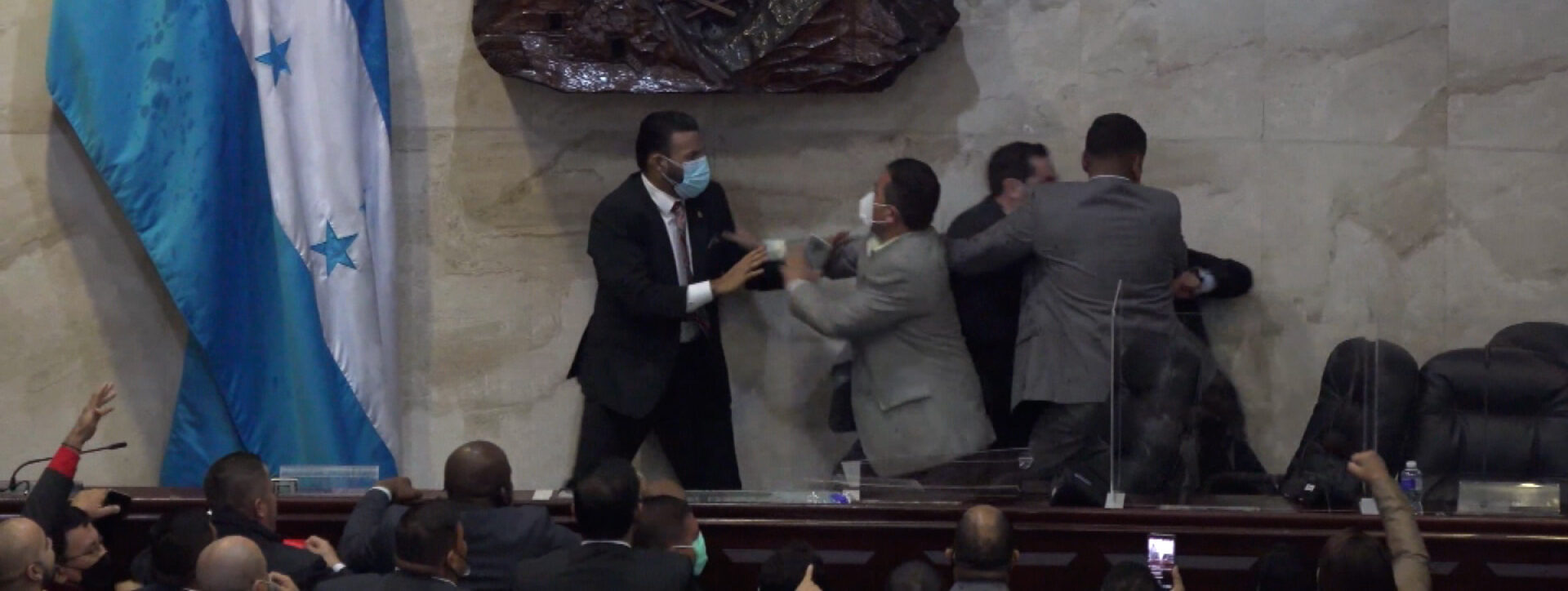
AFP
Lawmakers exchanged blows in the Honduran Congress Friday as a dispute among members of president-elect Xiomara Castro’s party turned violent.
Legislators from her leftist Libre party protested after 20 rebel members proposed Jorge Calix, one of their cohorts, as provisional congress president.
Castro loyalists claimed this violated a pact with Libre’s coalition partner.
Amid cries of “traitors” and “Xiomara!”, angry Libre legislators forced their way to the podium while Calix was being sworn in, causing him to flee under a hail of punches and much pushing and shoving.
It was the first sitting of the 128-member Congress since elections last November.
Following an emergency party meeting later on Friday, the president-elect announced that the 20 members had been expelled from Libre, calling them “traitors” and “corrupt”.
The crisis began late Thursday when Castro called her party’s 50 legislators to a meeting to ask them to support Luis Redondo of the Savior Party of Honduras (PSH) as congress president.
The 20 rebel members did not attend.
On Friday, Libre leader Gilberto Rios told AFP that the 20 are backed by groups that wish to stop Castro’s promised anti-corruption campaign, including people in “organized crime” and “drug trafficking.”
Castro won elections on November 28 to become Honduras’ first woman president and end 12 years of National Party rule.
She won as part of an alliance between Libre and the PSH, to which the presidency of Congress was promised.
Castro accused the dissidents of “betraying the constitutional agreement” and “making alliances with representatives of organized crime, corruption and drug trafficking.”
Her husband Manuel Zelaya, a former president who was deposed in a 2009 coup supported by the military, business elites and the political right, is a senior Libre party official.
Castro is to be sworn in on January 27 along with other senior officials, including the congress president, at a ceremony attended by international guests including US Vice President Kamala Harris.
Central America
U.S. revokes visas of top Costa Rican lawmakers and constitutional judge
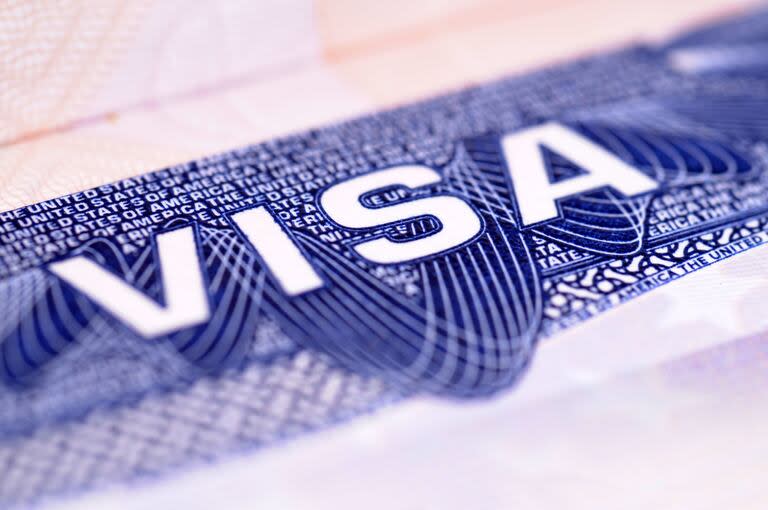
The United States government has revoked the visas of Rodrigo Arias, president of Costa Rica’s Legislative Assembly, and Paul Rueda, a justice of the Constitutional Chamber, expanding the list of Costa Rican officials affected by such measures in 2025.
The Constitutional Chamber confirmed the cancellation of Justice Rueda’s visa but stated it would not issue further comments. Meanwhile, local media reported the case of Rodrigo Arias, who has led the Assembly for the past three years and maintained a critical stance toward President Rodrigo Chaves’s administration.
Visa revocations against Costa Rican political figures began following a visit by U.S. Secretary of State Marco Rubio to San José in February. During the trip, Rubio warned of potential sanctions against those collaborating with foreign actors that could pose a risk to U.S. cybersecurity.
While in Costa Rica, Rubio praised President Chaves for halting Chinese companies’ involvement in major tech infrastructure projects, including the development of 5G networks.
Since then, the U.S. has also revoked visas of lawmakers Francisco Nicolás (National Liberation Party), Johana Obando and Cynthia Córdoba (Progressive Liberal Party), as well as Ana Sofía Machuca, general auditor of the Costa Rican Electricity Institute. All were accused of allegedly favoring Chinese firm Huawei in 5G-related tenders—criticism led by President Chaves and members of his cabinet.
In April, even former president and Nobel Peace Prize laureate Óscar Arias, brother of Rodrigo Arias, had his visa revoked. Arias has publicly criticized the U.S. over its military spending and, more recently, the immigration and trade policies of President Donald Trump.
As with previous cases, the U.S. government has not disclosed the specific reasons behind the visa revocations.
Central America
Guatemala hit by over 300 quakes; death toll rises to seven
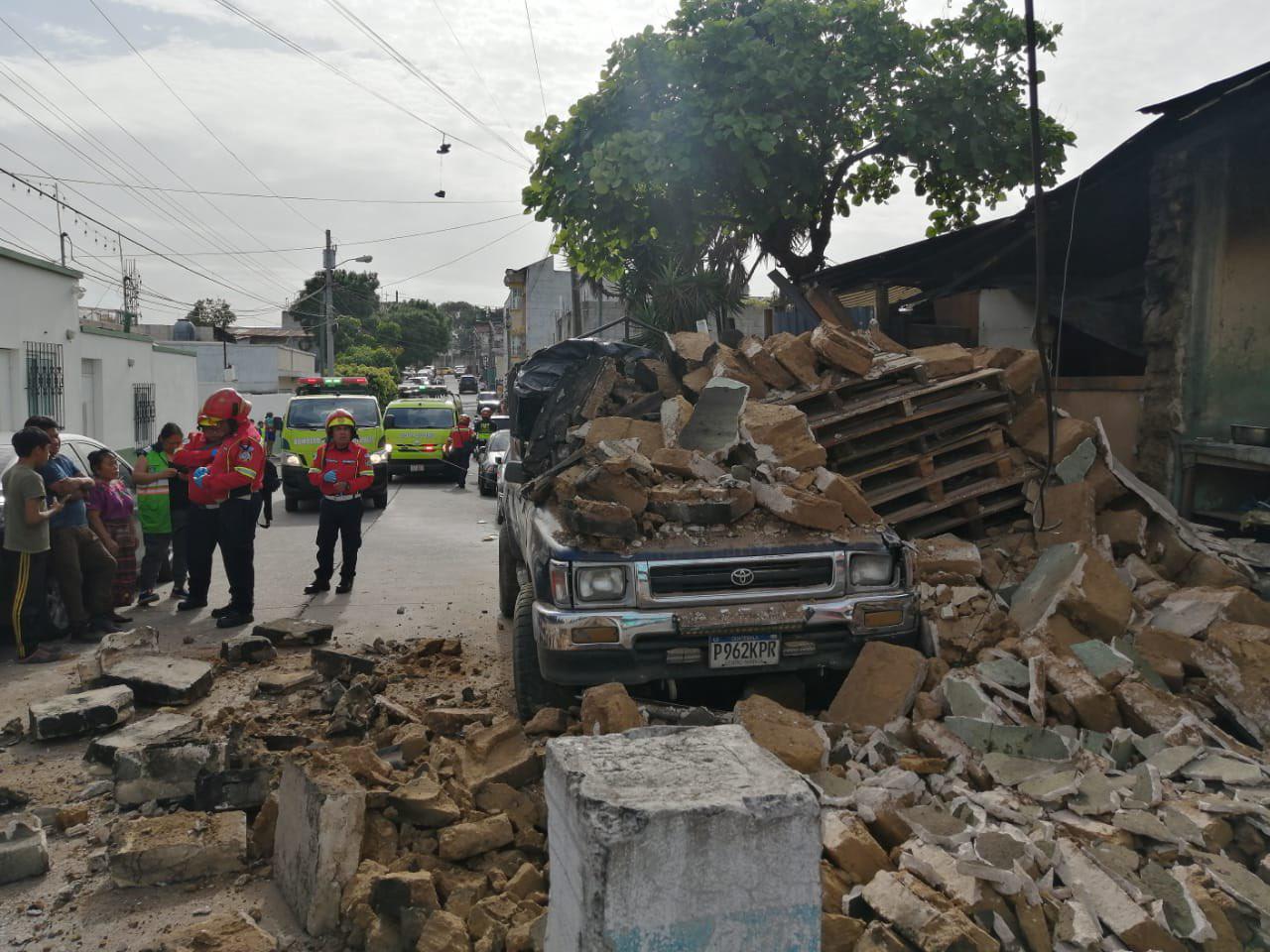
At least seven people have died as a result of a series of earthquakes that have shaken three departments in central Guatemala since Tuesday, according to the National Coordinator for Disaster Reduction (Conred).
In its latest update, Conred reported that 2,138 people have been affected, and 347 have been displaced and are receiving humanitarian assistance.
“Our deepest condolences to the families. There are no words at a time like this, but know that the pain you feel is the pain of the entire Guatemalan people,” said President Bernardo Arévalo, expressing solidarity with the families of the victims. Of the seven deceased, five have been identified, while two remain unidentified as the National Institute of Forensic Sciences (Inacif) continues its work.
To address the emergency, the government has opened nine shelters, currently housing 586 people affected by the tremors.
Since the start of seismic activity, the National Institute for Seismology, Volcanology, Meteorology and Hydrology (Insivumeh) has recorded 340 earthquakes, including 32 in the last few hours, with magnitudes ranging between 1.2 and 5.6.
One of the most severely impacted areas is the Santa María bridge, located at kilometer 39+100 on the road to Palín, Escuintla. Authorities have begun coordinating its repair.
A total of 28 road segments have sustained damage: 11 in Sacatepéquez, 7 in Guatemala, 6 in Chimaltenango, and 4 in Escuintla.
Conred has urged the population to drive cautiously, avoid speeding, take extra care in mountainous areas or on roads with a history of structural issues, and report any emergencies to the 24-hour hotline 119.
Central America
Dengue crisis in Panama: co-circulating serotypes fuel rise in fatal cases
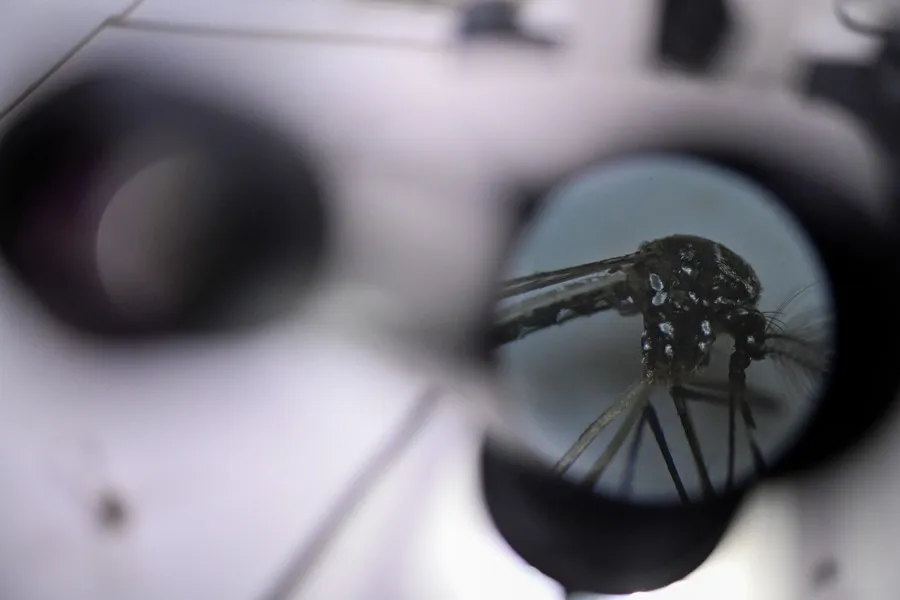
Health authorities in Panama reported on Wednesday that the country has recorded a total of 6,458 dengue cases and 10 related deaths through epidemiological week 25, which spanned from June 15 to 21, 2025.
Of the total reported cases, 576 patients required hospitalization, and 55 cases have been classified as severe, according to a statement released by the Ministry of Health (Minsa).
The metropolitan area and San Miguelito, both in the capital, account for the majority of cases, with 2,753 infections. The reported deaths occurred in the western provinces of Chiriquí (4) and Bocas del Toro (2); the eastern province of Darién (2); and Panamá Este and Coclé, with one death each.
“The national dengue incidence rate during epidemiological week 25 of 2025 is 125.8 cases per 100,000 inhabitants. Most cases have occurred in individuals aged 10 to 59 years,” the official report stated.
Panama is currently experiencing co-circulation of all four dengue serotypes, with DENV-3 and DENV-4 being the most prevalent. This, according to Minsa, “increases the likelihood of severe and fatal cases.”
The Ministry emphasized that dengue is a serious and potentially deadly disease transmitted by the Aedes aegypti mosquito, and noted that it has ramped up nationwide operations through vector control teams to reduce infection rates.
However, officials stressed that citizen participation remains critical, urging the public to eliminate mosquito breeding sites both inside and around their homes.
-
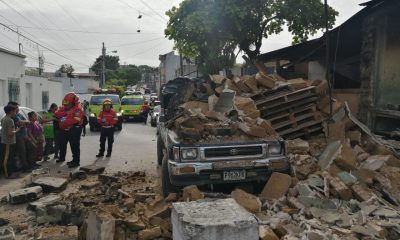
 Central America5 days ago
Central America5 days agoGuatemala hit by over 300 quakes; death toll rises to seven
-

 Central America5 days ago
Central America5 days agoU.S. revokes visas of top Costa Rican lawmakers and constitutional judge
-

 International4 days ago
International4 days agoSheinbaum slams ICE raids after 355 mexicans detained and 67,000 repatriated
-
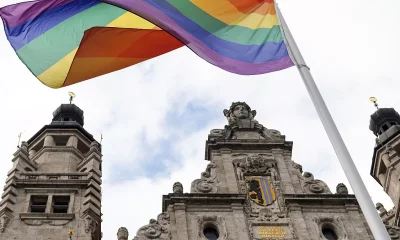
 International5 days ago
International5 days agoGerman parliament orders removal of LGBTQ+ flags amid growing controversy
-

 International3 days ago
International3 days agoTwo missing after torrential rains cause flooding in Catalonia
-

 International4 days ago
International4 days agoTrump defends Bolsonaro, hints at talks with Brazil after tariff warning
-
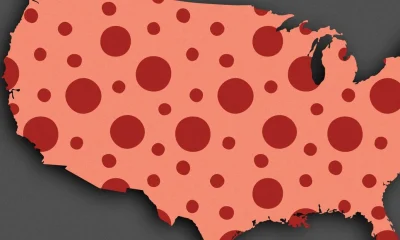
 International5 days ago
International5 days agoCDC reports record measles outbreaks in 39 U.S. jurisdictions this year
-
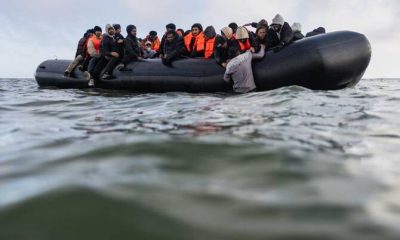
 International5 days ago
International5 days agoUK and France seal innovative migrant exchange deal to curb channel crossings
-

 International5 days ago
International5 days agoFederal judge halts Trump’s order to end birthright citizenship
-
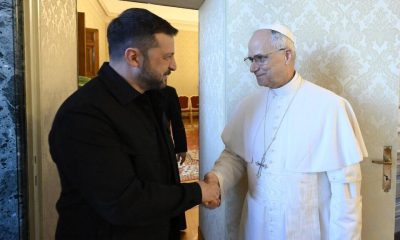
 International5 days ago
International5 days agoUkraine gains $10 billion in commitments during Rome Recovery Forum
-
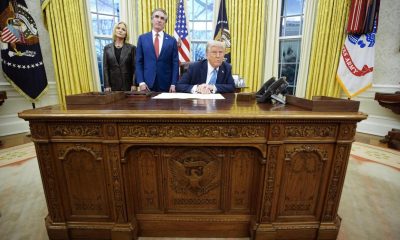
 International4 days ago
International4 days agoTrump administration begins downsizing ‘bloated’ state department workforce
-
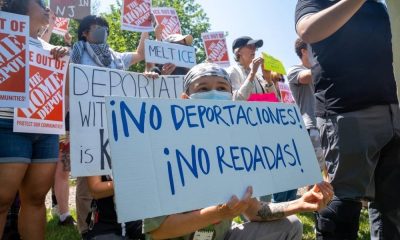
 International2 days ago
International2 days agoMexico confirms death of farmworker hurt in ICE raid, calls for investigation
-
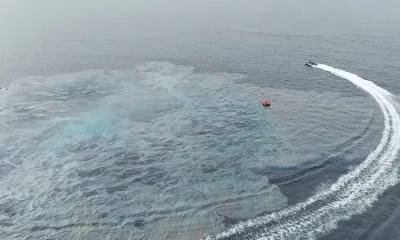
 International23 hours ago
International23 hours agoThe rescue operation of missing people ends after a ship was wrecked by a Houthi attack in the Red Sea
-

 International2 days ago
International2 days agoTrump’s 30% tariff undermines U.S.-Mexico talks, but negotiations will continue
-

 International5 days ago
International5 days agoSix agents penalized for conduct failures in July 2024 attack on Donald Trump
-
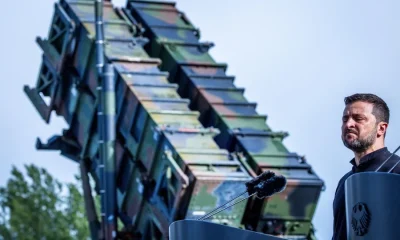
 International23 hours ago
International23 hours agoPatriot missiles, key anti-missile systems for the defense of the Ukrainian sky
-
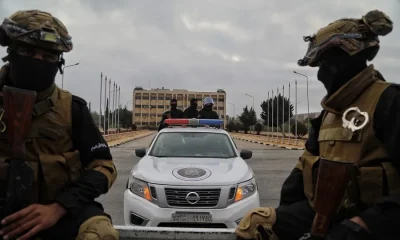
 International23 hours ago
International23 hours agoDeaths from clashes between military groups and clans in southern Syria rise to 30
-
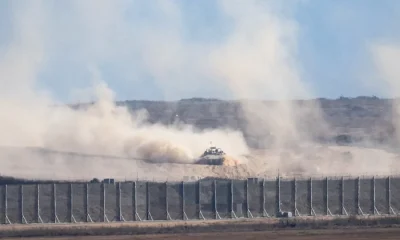
 International23 hours ago
International23 hours agoIsrael kills at least 20 Palestinians in attacks from dawn against the Gaza Strip
-
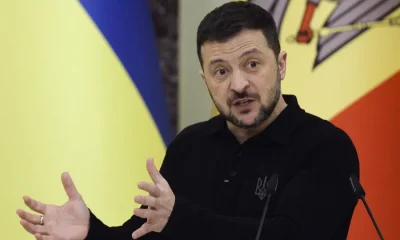
 International23 hours ago
International23 hours agoZelenski proposes the Minister of Economy, Sviridenko, as the new prime minister
-
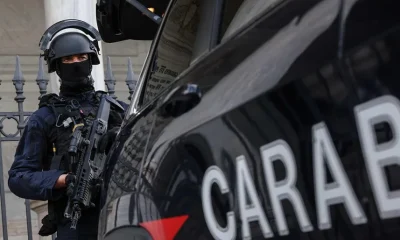
 International23 hours ago
International23 hours agoAnti-mafia operation in Italy with 54 arrested for drug trafficking from Ecuador and Spain
-

 International23 hours ago
International23 hours agoZelenski talks to Kellogg in Kiev about sanctions against Russia and the sale of weapons to Ukraine
-
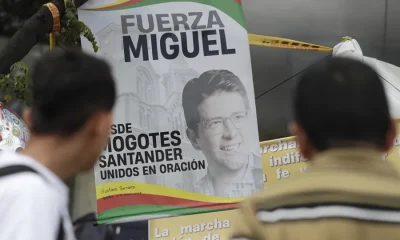
 International23 hours ago
International23 hours agoColombian Senator Uribe Turbay, shows clinical improvement and begins neurological rehabilitation
-
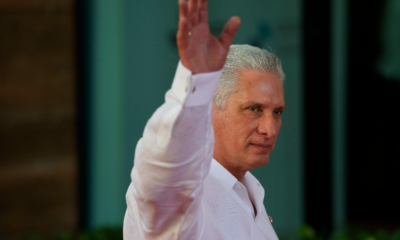
 International3 days ago
International3 days agoU.S. sanctions cuban president Díaz-Canel over regime crackdown on protesters
-
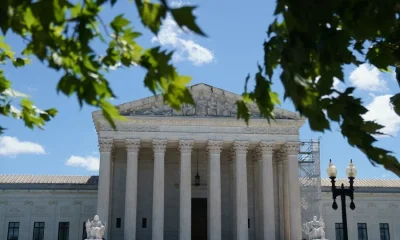
 International4 hours ago
International4 hours agoThe US Supreme Court gives the green light to Trump to dismantle the Department of Education






















